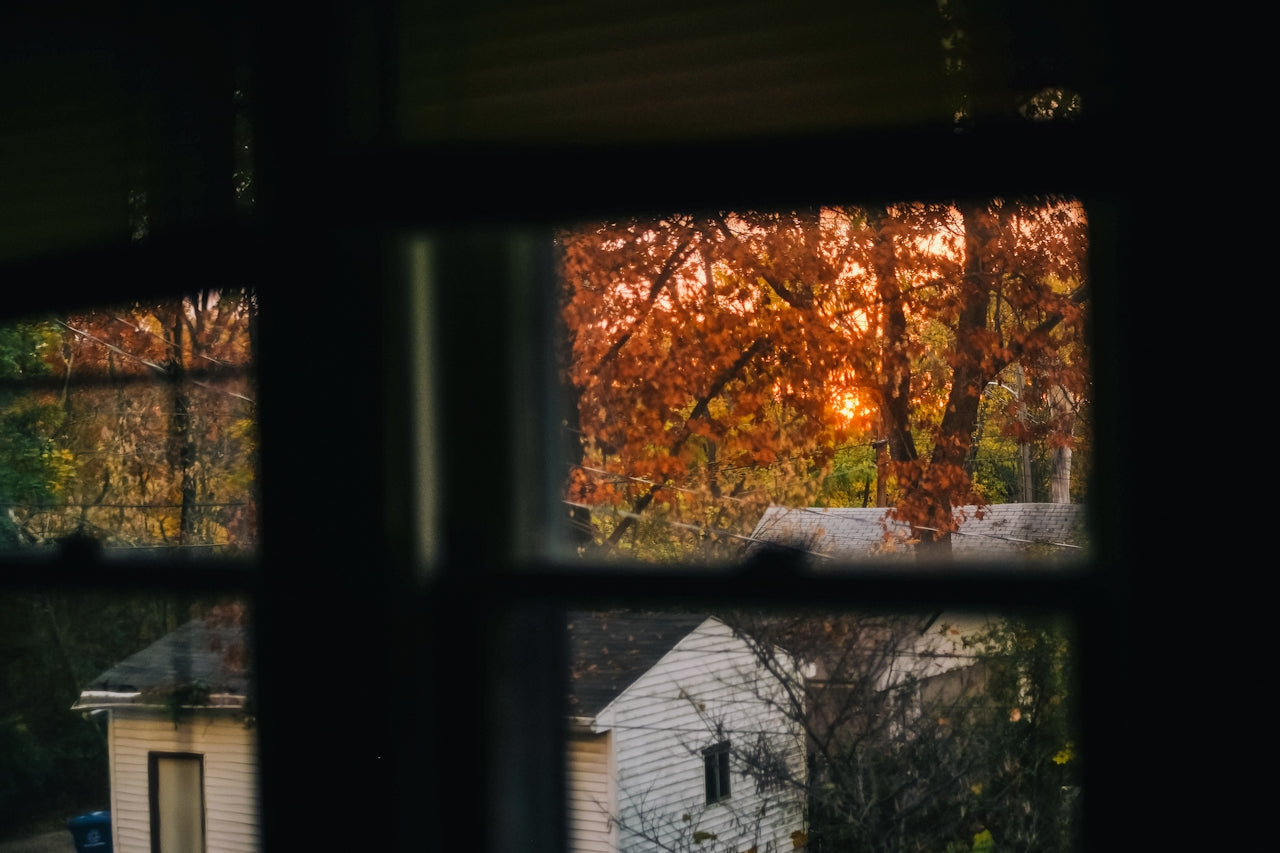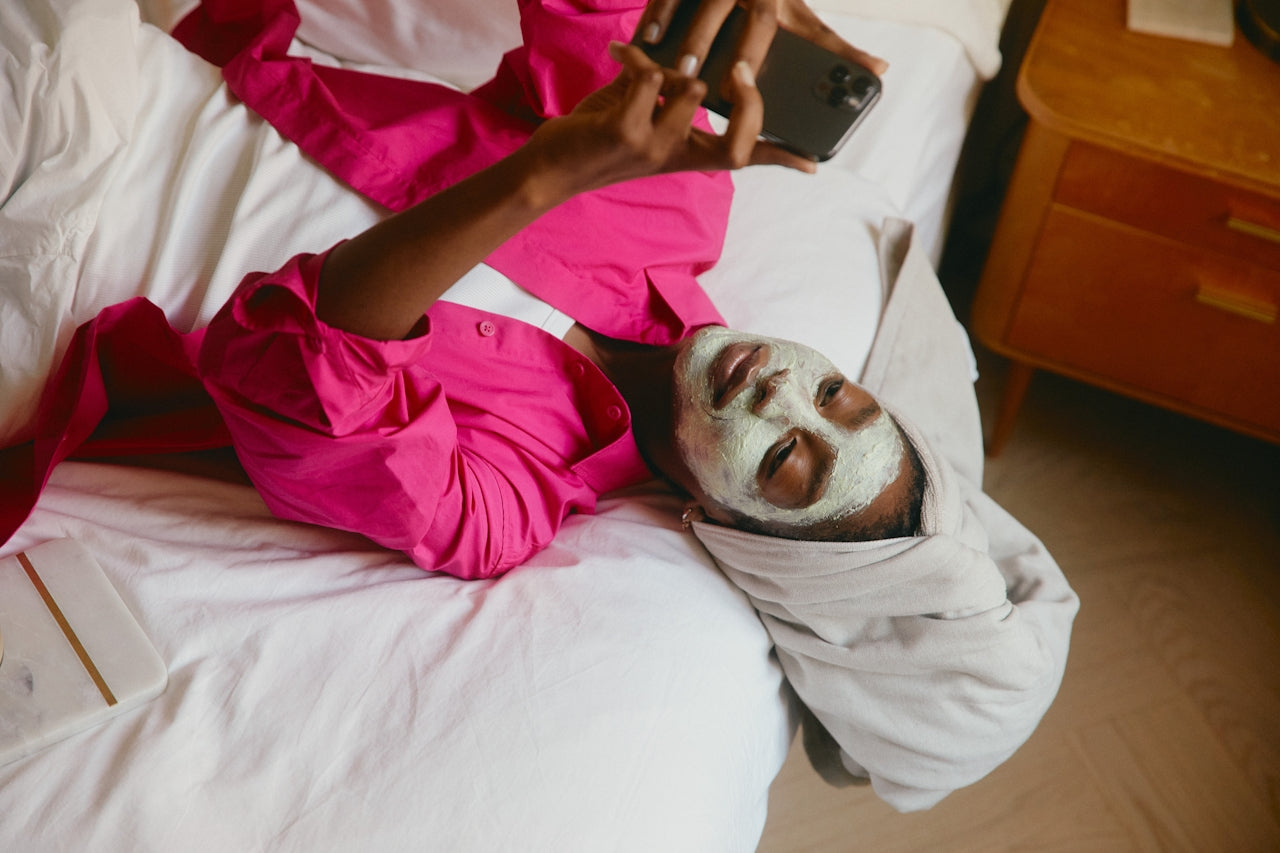As the nights draw in and clocks go back in autumn, many of us experience shifts in our sleep patterns. Losing or gaining an hour might seem minor, but it can have a noticeable impact on energy, mood, and overall wellbeing. Understanding how to adjust your routine can help you feel rested and resilient during the seasonal transition.
Why the Clock Change Affects Sleep
-
Circadian Rhythm Disruption: Our bodies operate on an internal “body clock” called the circadian rhythm, which regulates sleep-wake cycles, hormones, and energy levels (Czeisler et al., 1999).
-
Sleep Debt Accumulation: Seasonal changes can exacerbate existing sleep deficits, making the first few days after the clock change particularly challenging.
-
Mood & Alertness: Even small shifts in light exposure can affect serotonin and melatonin levels, impacting mood, focus, and sleep quality (Germain & Kupfer, 2008).
Strategies to Adjust Smoothly
1. Gradual Schedule Shift 🛌
-
Move bedtime and wake time by 15–20 minutes for several days before the change if possible.
-
Avoid the temptation to “catch up” by sleeping in too late; consistency is key.
2. Maximise Morning Light 🌞
-
Natural light in the morning helps reset your circadian rhythm.
-
Open curtains immediately upon waking or consider a short walk outside.
3. Evening Routine Matters 🕯️
-
Dim lights and reduce screen exposure 1–2 hours before bed. Blue light from phones, tablets, and TVs can suppress melatonin (Chang et al., 2015).
-
Engage in relaxing activities like reading, gentle stretching, or a warm shower.
4. Nutrition & Hydration 🥗💧
-
Avoid caffeine 6–8 hours before bedtime.
-
Limit alcohol, as it may fragment sleep and reduce restorative deep sleep.
-
Include magnesium-rich foods (spinach, pumpkin seeds) and try a balanced evening meal to support sleep quality.
5. Move Your Body 🏃♂️
-
Regular physical activity can improve sleep efficiency and help you adjust faster.
-
Aim to complete exercise at least 3 hours before bedtime to avoid overstimulation.
6. Mind Your Mind 🧘♀️
-
Stress can make adjusting to time changes harder.
-
Use mindfulness, meditation, or journaling to calm racing thoughts and prepare for sleep.
Final Thoughts 🍁
Adjusting to daylight savings or clock changes doesn’t have to be a struggle. By prioritising light exposure, maintaining consistent sleep routines, eating well, moving regularly, and practising mindfulness, you can “fall back” with ease and support better sleep, mood, and energy.
If you continue to experience sleep difficulties after the clocks change, consider speaking with a healthcare provider or sleep specialist to rule out underlying issues like insomnia or seasonal affective disorder (SAD).
References
-
Chang, A.-M., Aeschbach, D., Duffy, J.F., & Czeisler, C.A. (2015) ‘Evening use of light-emitting eReaders negatively affects sleep, circadian timing, and next-morning alertness’, Proceedings of the National Academy of Sciences, 112(4), pp. 1232–1237.
-
Czeisler, C.A., Duffy, J.F., Shanahan, T.L. et al. (1999) ‘Stability, precision, and near-24-hour period of the human circadian pacemaker’, Science, 284(5423), pp. 2177–2181.
-
Germain, A. & Kupfer, D.J. (2008) ‘Circadian rhythm disturbances in depression’, Human Psychopharmacology: Clinical and Experimental, 23(7), pp. 571–585.
-
National Sleep Foundation (2022) Daylight Saving Time and Sleep. Available at: https://www.sleepfoundation.org (Accessed: 29 September 2025).




